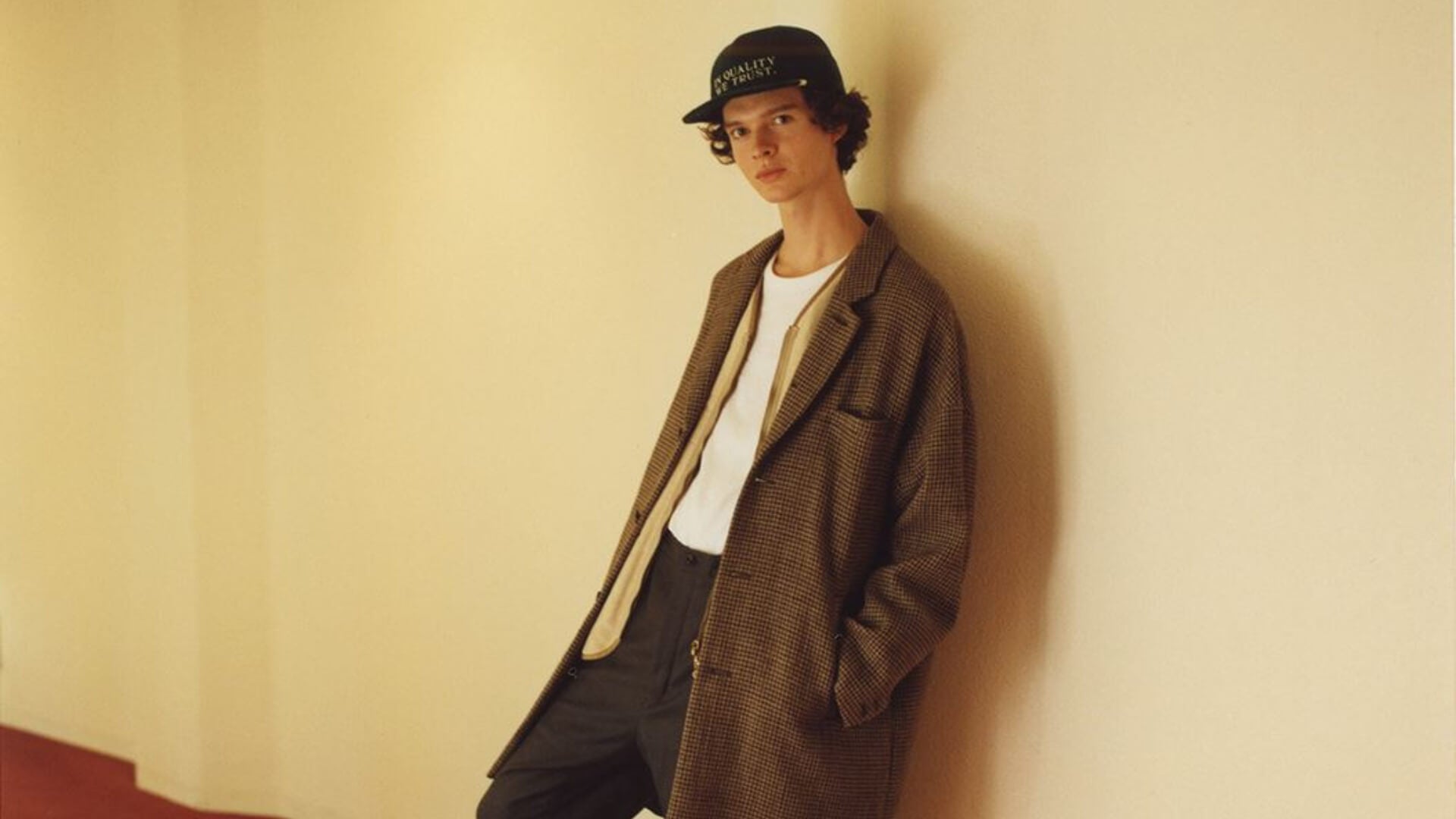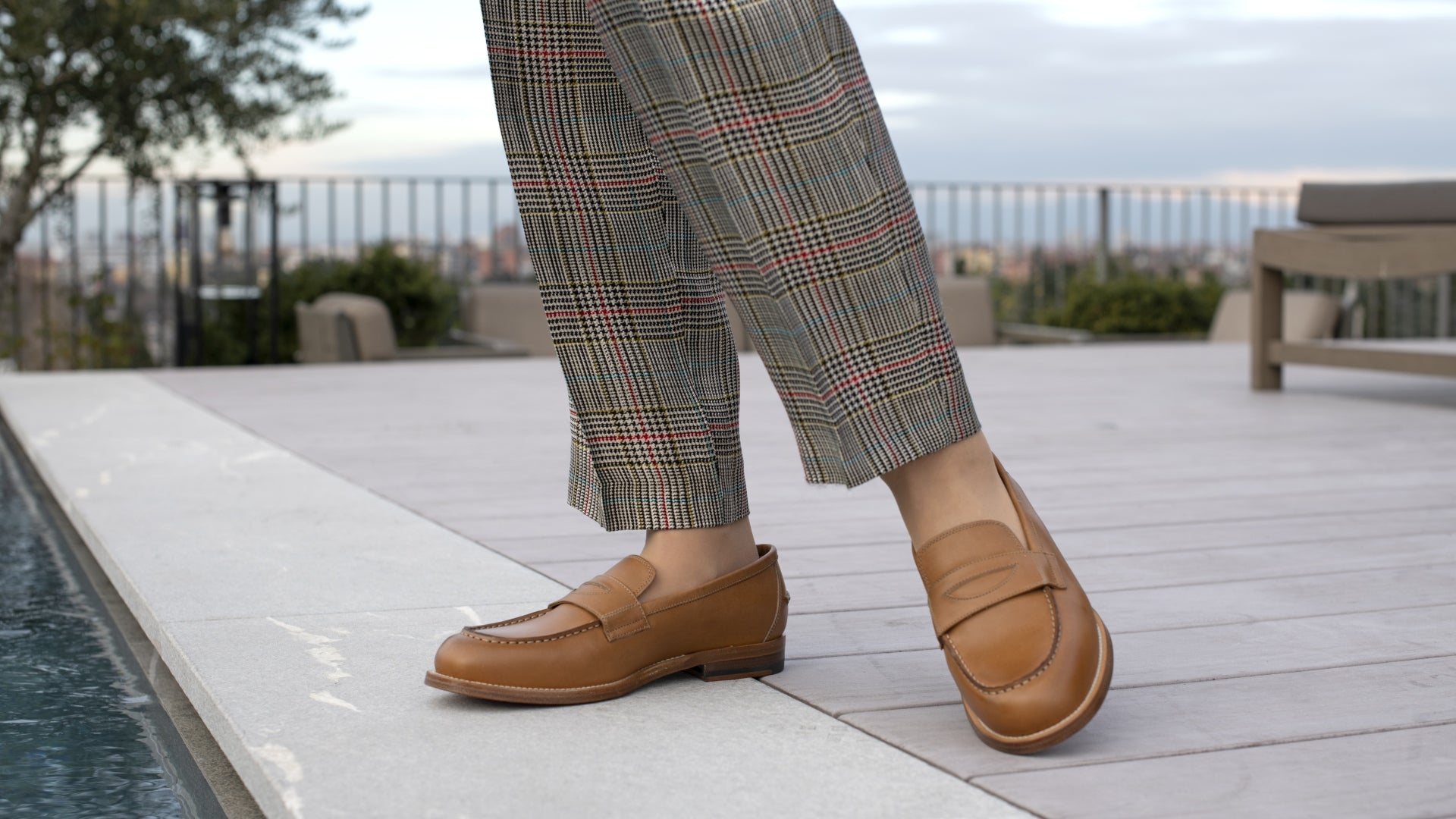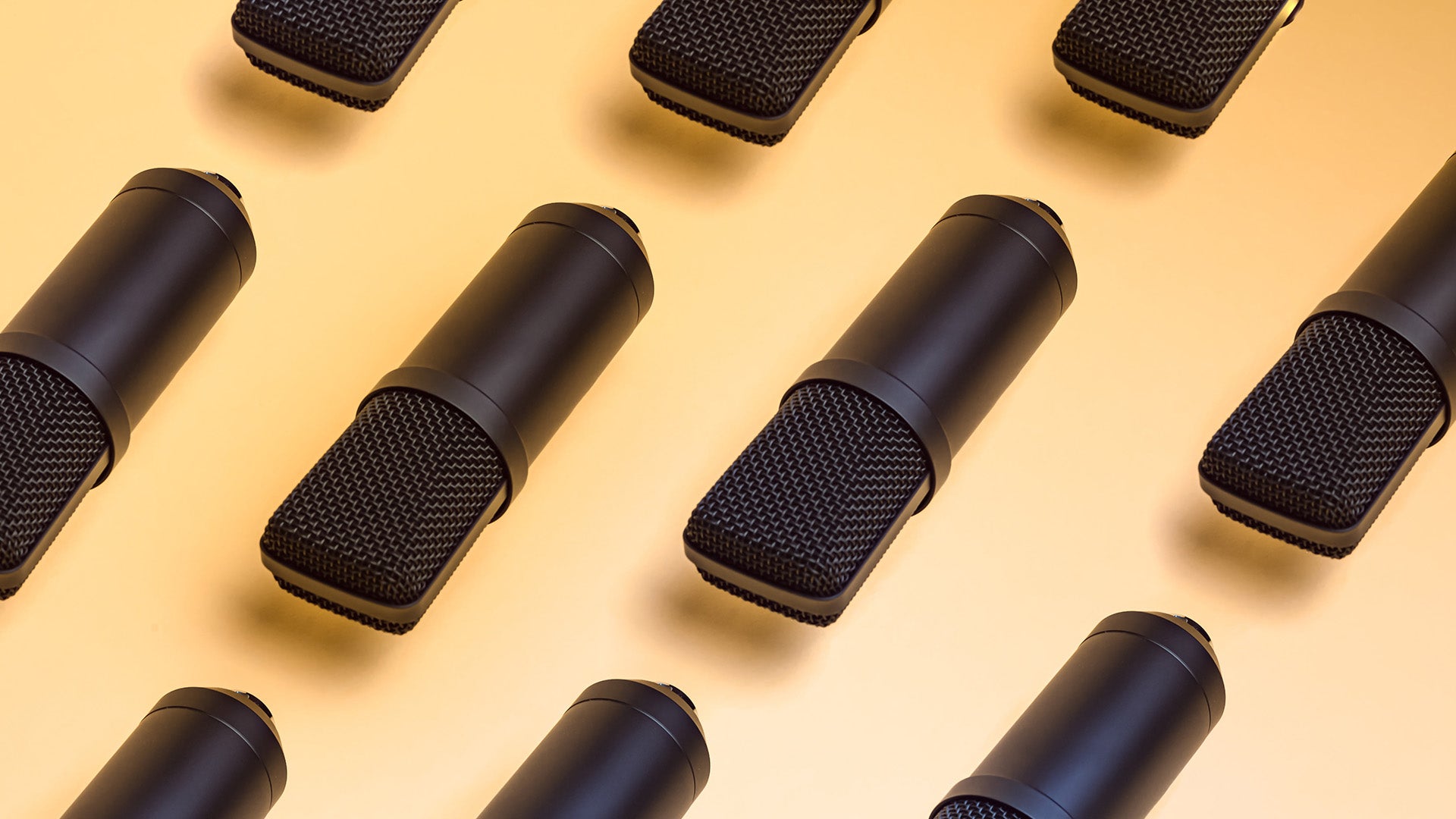
10 marchi di moda giapponesi che dovresti conoscere
Se pensate a un marchio di moda giapponese , anche se non siete esperti di moda, ne conoscerete sicuramente qualcuno.
In generale, le persone al di fuori del Giappone hanno sempre ammirato i marchi di moda giapponesi e il motivo di questa ammirazione è dovuto principalmente al fatto che gli stilisti giapponesi sono noti per la loro visione e creatività nell'abbigliamento.
Gli stilisti e i marchi di moda giapponesi sono spesso in prima linea quando si tratta delle ultime tendenze nel mondo della moda.
La moda giapponese ha una grande influenza anche sul mondo occidentale e in particolare sull'Italia.
Come scrive Laura Dimitrio nel suo libro "Non Solo Kimono - Come il Giappone ha rivoluzionato la moda italiana" , la moda giapponese contemporanea, sia quella proposta dagli stilisti d'avanguardia sia quella proposta dalle sottoculture giovanili, è stata e continua a essere fonte di ispirazione per le case di moda italiane.
In particolare, i tagli e i motivi decorativi del kimono , tipico indumento giapponese, sono diventati fonte di ispirazione per gli stilisti, che propongono abiti con forme e decorazioni sconosciute alla tradizione della moda occidentale.
Ma il kimono non è l'unico aspetto della moda giapponese a rivoluzionare lo stile italiano.
A partire dagli anni Settanta, alcuni stilisti giapponesi d'avanguardia, di cui parleremo più avanti, hanno sovvertito i canoni estetici tradizionali con i loro abiti asimmetrici, diventando un punto di riferimento anche per gli stilisti più anticonformisti anche in Italia .
Ma quali sono questi stilisti innovativi che dovresti conoscere?
In questo articolo troverete una selezione dei marchi di moda giapponesi più popolari (e dei loro stilisti) , sia nell'alta moda che nello streetwear.
- Issey Miyake
- Comme des Garçons
- Watanabe
- Sacai
- Yamamoto
- Una scimmia che fa il bagno
- Noir Kei Ninomiya
- Visvim
- Agguato
- Sotto copertura
Issey Miyake
Il famoso marchio di moda giapponese Issey Miyake è stato fondato nel 1970 dallo stesso Issey Miyake , che oggi è uno degli stilisti giapponesi più amati nel mondo occidentale.
Le sue idee e la sua visione creativa hanno dato vita ad abiti ispirati all'origami : i volumi, i tagli e i tessuti utilizzati da Miyake sono davvero unici.
Gli abiti strutturati delle collezioni di Miyake sembrano usciti dalla mente di un architetto , più che da quella di uno stilista, e sono incantevoli con le loro numerose pieghe e pieghe .

Comme des Garçons
Comme des garçons è una casa di moda giapponese fondata nel 1969 dalla stilista Rei Kawakubo .
La sede centrale è ad Aoyama (Tokyo) e conta circa 200 negozi in tutto il mondo .
Comme des Garçons divenne un marchio di moda femminile di successo negli anni '70 e aggiunse alla sua gamma anche la moda maschile nel 1978.
Nel 1981, le collezioni debuttarono a Parigi e attirarono grande attenzione mediatica. Erano caratterizzate dal loro stile monocromatico, asimmetrico e minimalista .
Lo stile dello stilista giapponese, definito dalla critica "Hiroshima Chic" , è frutto di una concezione della moda più vicina all'arte che a un prodotto destinato al mercato di consumo.
Watanabe
Watanabe è un marchio di moda giapponese fondato nel 1994 da Junya Watanabe , un protetto di Rei Kawakubo, che iniziò il suo percorso nel settore a metà degli anni '80 con un apprendistato come modellista presso Comme des Garçons .
Watanabe è noto per la sua capacità di disegnare abiti innovativi e distintivi. È sempre stato particolarmente interessato a tagli e tessuti tecnologicamente avanzati , motivo per cui è anche conosciuto come stilista di "techno couture" .
Sacai
Sacai è un marchio di moda di lusso fondato da Chitose Abe a Tokyo nel 1999. La rivista Vogue ha descritto Sacai come un marchio influente nell'abbattimento della dicotomia tra abbigliamento casual e formale .
Sia gli abiti stessi che la filosofia di questo marchio racchiudono un messaggio distintivo di forza femminile .
In quanto marchio giapponese dedicato alle donne, si è affermato come pioniere nel crescente movimento di stilisti che uniscono lo streetwear a un tocco più elegante e a una spiccata sensibilità femminile.

Yamamoto
Lo stilista giapponese Yohji Yamamoto ha fondato il suo marchio omonimo nel 1981.
Lo stile di Yamamoto non solo privilegia colori come il nero, il grigio e il bianco , ma è stato soprannominato dalla stampa "moda post-atomica" per i tagli irregolari e gli ampi spacchi che caratterizzano i suoi abiti.
A partire dal 1983, la moda di Yamamoto (insieme a quella di Rei Kawakubo) cominciò a influenzare le passerelle occidentali.
A metà degli anni '80, i suoi colleghi lo chiamavano già "maestro sarto" .

Una scimmia che fa il bagno
A Bathing Ape , noto anche come BAPE , è un marchio streetwear pionieristico , uno dei primi marchi sulla scena a creare un vero e proprio stile di vita.
Fu fondato nel 1993 da Nigo , vero nome Tamaoki Nagao, cresciuto con la passione per il mondo pop e le sottoculture.
Il marchio è specializzato in streetwear per uomo, donna e bambino e gestisce 19 negozi in Giappone .
BAPE è caratterizzato da grafiche audaci e colori vivaci e alla moda che lo hanno reso uno dei marchi più amati a livello internazionale, seguito persino da alcuni dei più grandi nomi dell'hip-hop.

Noir Kei Ninomiya
Noir Kei Ninomiya è un marchio giapponese fondato dallo stilista Kei Ninomiya .
In seguito Kei Ninomiya lavorò con Rei Kawakubo come stilista e modellista.
Nel 2012, sotto l'egida di Comme des Garçons , lo stilista ha lanciato la sua linea di abbigliamento femminile basata esclusivamente sul colore nero .
Il suo obiettivo estetico è trasmettere un'idea di abbigliamento che vada oltre le tendenze commerciali.
L’innovazione tecnica dei materiali si unisce alla ricerca di nuove forme di artigianalità per creare capi che ricordano l’alta sartoria ma indossabili in ogni occasione .
Visvim
Visvim è un marchio giapponese di abbigliamento maschile fondato nel 2001 da Hiroki Nakamura a Ura-Harajuku.
V isvim si concentra fortemente sull'artigianalità e sui materiali accuratamente selezionati. Ispirato ai viaggi in tutto il mondo, in particolare allo stile classico americano e nativo americano , ogni pezzo, realizzato in modo impeccabile, ha un carattere unico.
Questo marchio si distingue per la combinazione della solidità degli abiti da lavoro americani con le tradizioni dell'artigianato giapponese e uno straordinario senso di esplorazione.

Agguato
Ambush è un marchio di moda fondato da Yoon e Verbal nel 2008.
Originariamente nacque come una linea di gioielli sperimentali che traeva ispirazione da fonti che spaziavano dall'America degli anni '50 alle sottoculture giovanili ribelli dell'Europa del dopoguerra, con un design innovativo fortemente ispirato alla pop art .
Ambush ha debuttato a Parigi nel 2015 e ha avuto un tale successo che l'anno successivo il duo ha deciso di lanciare anche la linea di abbigliamento prêt-à-porter , aprendo il loro primo flagship store a Shibuya.
Lo stile unico di Ambush è immediatamente riconoscibile: un mix perfetto di sottoculture provenienti da diverse parti del mondo, contaminato dal fascino del design orientale puro e minimalista .

Sotto copertura
Undercover è un marchio di moda fondato da Jun Takahashi nel 1990, divenuto nel tempo un marchio di culto della moda giapponese.
Undercover fonde lo street style giapponese con il senso di ribellione tipico della cultura punk-rock.
Ogni look è una ricerca di nuovi modi di vestire . I punti di forza dello stile di Takahashi risiedono nella sua capacità di interpretare la moda di strada e nell'ispirazione che ne trae.
Nell'elenco sopra abbiamo incluso solo alcuni dei marchi di moda giapponesi che pensiamo dovresti assolutamente conoscere!
Ci siamo concentrati sui marchi di fascia alta e streetwear, ma ci sono tantissimi marchi giapponesi straordinari e di fama mondiale che si distinguono per la loro innovazione.



